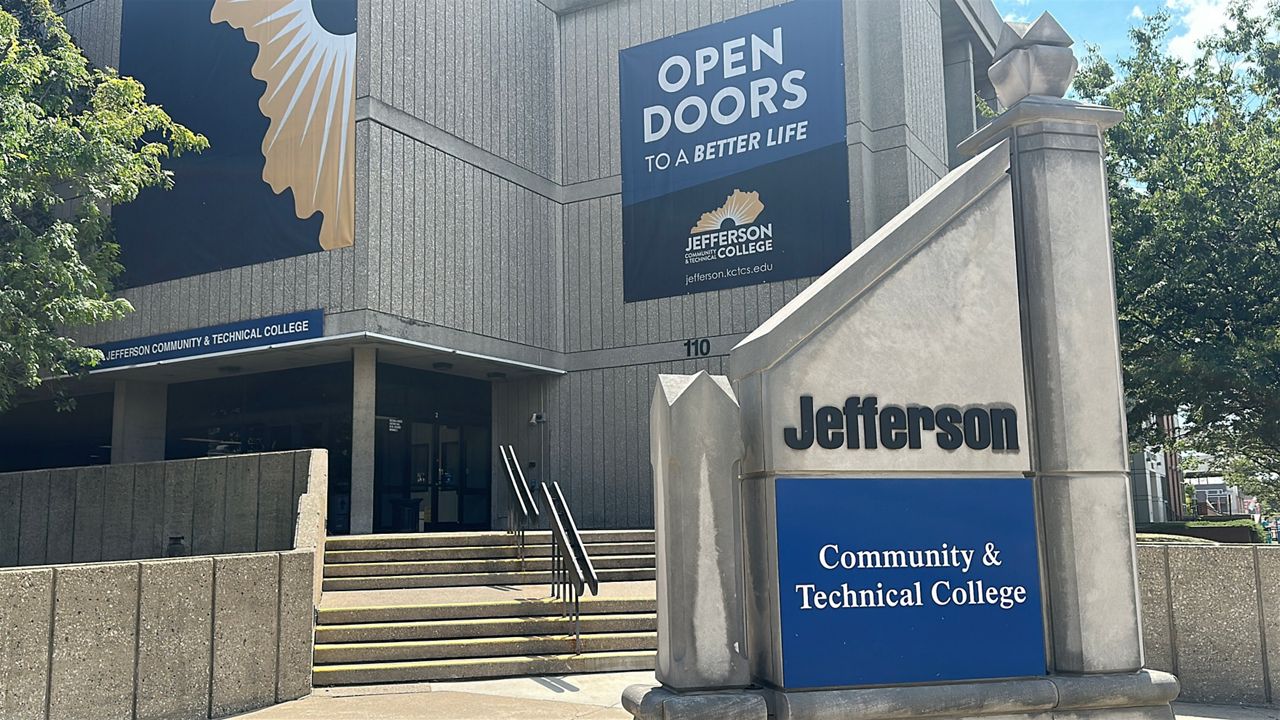Emotional Reunion: A Journey from South Korea to Family

SEOUL, South Korea (AP) — As Robert Calabretta’s plane glided through the clouds on its descent into the vibrant heart of Seoul, emotions swirled within him like the bustling city below. Wrapped snugly in a blanket, he found comfort in its warmth, while his knees were drawn up to his chest, reminiscent of a fetal position — a poignant symbol of his impending journey into a world he left behind nearly 34 years ago. As he felt a single tear slide down his cheek, a mix of anxiety and excitement coursed through his veins.
Calabretta’s story is one of profound reconnection. Born in South Korea and adopted at just three days old, he had spent his entire life in the United States, sheltered by a loving family but always yearning for answers about his origins. Now, as he prepared to land in the country of his birth, he felt like a newborn, ready to embark on what would be one of the most significant chapters of his life: meeting his biological parents for the very first time.
Adoption is a complex and deeply emotional journey, often embroiled in layers of identity, culture, and family history. For many adopted individuals like Robert, the quest for their roots is one that transcends mere curiosity. It is a longing for connection — not just to flesh and blood, but also to a shared heritage and culture that may have been obscured by physical distance and different lives.
Robert’s voyage to South Korea isn’t just a personal pilgrimage; it also resonates with the stories of many who have traversed similar paths. The act of tracing one’s roots can stir profound emotions, delivering a mixture of hope and trepidation. In an increasingly globalized world, these journeys shed light on how adoption impacts individuals and families, framing each narrative against a broader backdrop of historical and societal dynamics.
While in Korea, Robert intends to embrace every aspect of his birthplace, learning about not just his biological parents but also the cultural ties that bind him to this land. South Korea, known for its rich history and dynamic culture, has undergone significant transformations over the decades. From its intricate traditions to the modern innovations that characterize its bustling cities today, Robert’s experience will be a blend of the past and present.
His motivations are layered: he craves the understanding that comes with knowing where he came from and the people who brought him into the world. The anticipation of walking the streets of Seoul, tasting traditional Korean dishes, and perhaps even partaking in a tea ceremony, fills him with a sense of belonging he has never quite felt before. These experiences may help bridge the gap between the life he has known and the one his birth family has led without him.
The adoption community often emphasizes the importance of these narratives, advocating for awareness and sensitivity toward both the psychological and emotional aspects of the adoption experience. The support systems available today, including adoption support groups and counseling services, enable individuals like Robert to explore their identities in safe and empowering environments.
Upon arriving in Seoul, it is likely that Robert will navigate the complexities of his emotions — elation and anxiety mixed with the weight of a lifetime of questions. The moment he meets his biological parents is sure to be a mixture of joy and sorrow, filled with an array of feelings that cannot be quantified. There is a possibility that he may also grapple with the fear of rejection or the challenge of reconciling two very different lives, but the promise of connection offers a ray of hope.
As Robert steps out of the airport and into the sprawling city, he will be redefining what ‘home’ means to him. This journey is not merely about reunion; it’s about healing, understanding, and perhaps finding a deeper sense of self. In the tapestry of his life, this chapter could be the thread that connects his past with his future in ways he has yet to discover. Through this emotional reunion, Robert Calabretta seeks not only his heritage but also a sense of peace that comes with knowing and embracing his full identity.


